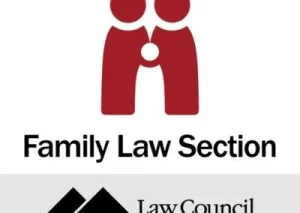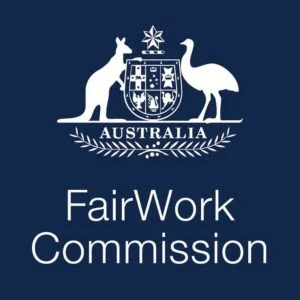Mandated Vaccinations – are they legal?

The expected rise in COVID-19 transmission means everyone should be aware of their rights and responsibilities when it comes to safety at work and workers compensation.
Advice from a family lawyer: 5 steps of divorce

The expected rise in COVID-19 transmission means everyone should be aware of their rights and responsibilities when it comes to safety at work and workers compensation.











